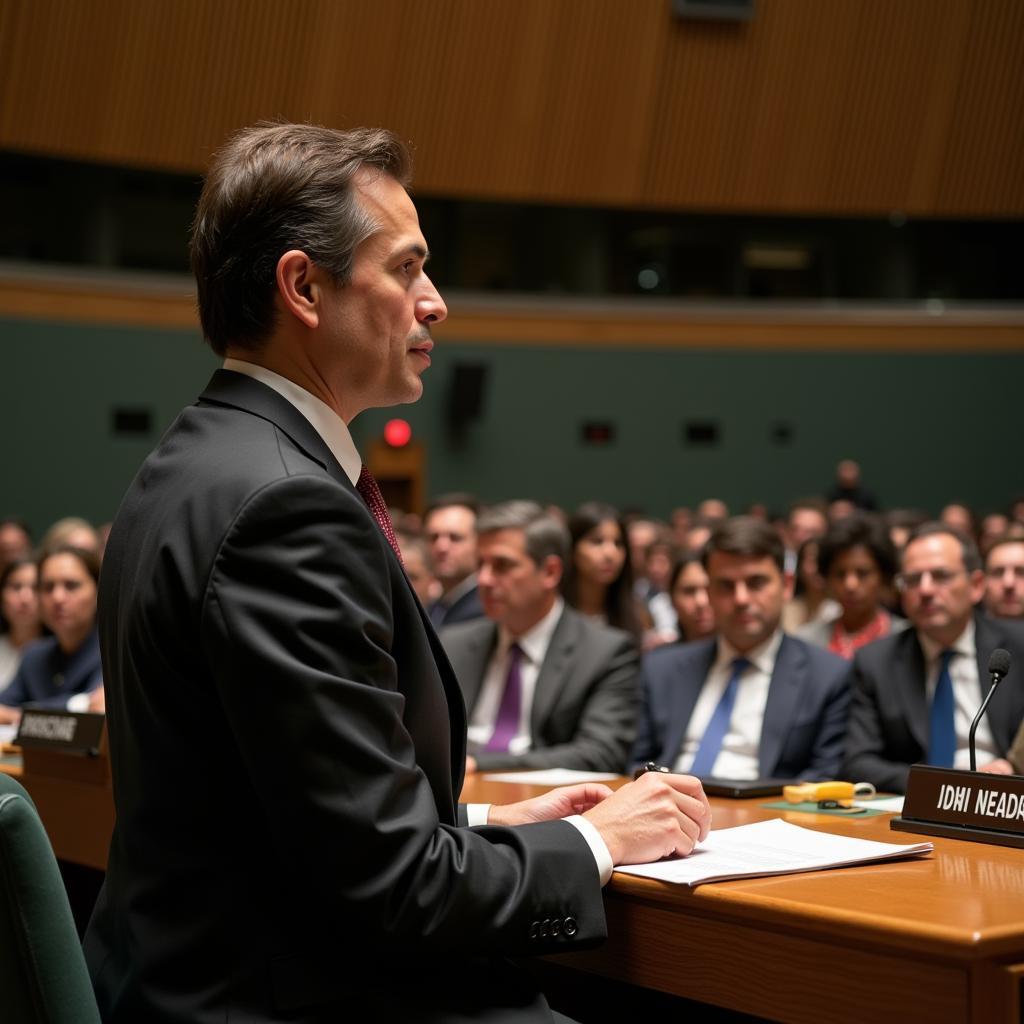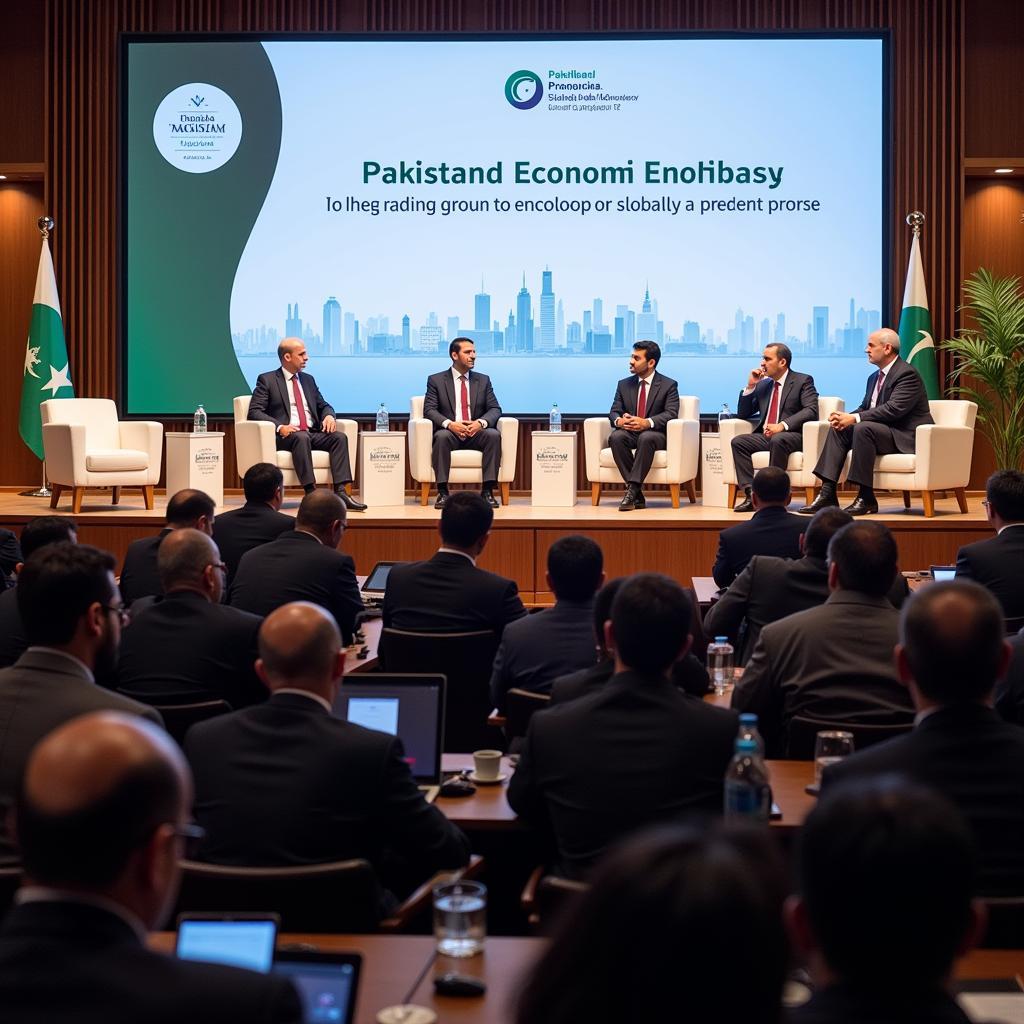The scope of International Relations (IR) in Pakistan is rapidly evolving, offering a dynamic field of study and career opportunities for aspiring diplomats, analysts, and policymakers. Pakistan’s strategic geopolitical location at the crossroads of South Asia, Central Asia, and the Middle East makes it a crucial player in regional and global affairs. This has led to a growing demand for professionals equipped with a deep understanding of international politics, diplomacy, economics, and security.
Understanding the Breadth of IR
IR encompasses a wide range of subfields, each contributing to a comprehensive understanding of global issues. Some key areas within IR include:
- Diplomacy and Foreign Policy: Analyzing diplomatic practices, negotiation strategies, and the formulation and implementation of foreign policy.
- International Security: Examining traditional and non-traditional security threats such as terrorism, cyberwarfare, and climate change, along with strategies for conflict resolution and peacekeeping.
- Global Political Economy: Investigating the interplay of politics and economics in areas like international trade, finance, development, and globalization.
- International Law and Human Rights: Understanding the legal frameworks governing international relations, including treaties, conventions, and customary law, and their role in promoting human rights and global justice.
Career Paths in IR for Pakistani Professionals
The expanding scope of IR in Pakistan has opened up a diverse range of career opportunities, including:
- Diplomacy: Representing Pakistan in international organizations, embassies, and consulates, engaging in diplomatic negotiations, promoting cultural exchange, and protecting the interests of Pakistani citizens abroad.
- Policy Analysis: Conducting research, analyzing data, and providing insights on international issues to government agencies, think tanks, and research institutions.
- International Development and NGOs: Working with organizations like the UN, World Bank, and NGOs on projects related to poverty reduction, sustainable development, and humanitarian assistance.
- Academia and Research: Pursuing teaching and research positions in universities and research institutions, contributing to the growing body of knowledge in IR.
- Journalism and Media: Reporting on international events, analyzing global trends, and providing informed commentary on international affairs for news outlets and media organizations.
 Pakistani Diplomat at UN Summit
Pakistani Diplomat at UN Summit
Essential Skills for IR Professionals
To succeed in the field of IR, individuals require a specific set of skills and qualities, including:
- Strong Analytical and Critical Thinking: The ability to gather, analyze, and synthesize complex information, identify patterns and trends, and develop well-reasoned arguments.
- Excellent Communication Skills: Effective written and oral communication is crucial for diplomacy, negotiation, policy writing, and public speaking engagements.
- Cross-cultural Understanding and Sensitivity: An appreciation for diverse cultures, perspectives, and diplomatic protocols is essential in navigating the complexities of international relations.
- Adaptability and Problem-Solving: The ability to adapt to changing situations, think creatively, and find solutions to complex challenges in a dynamic global environment.
- Strong Research and Writing Skills: Conducting in-depth research, analyzing data, and presenting findings in a clear, concise, and persuasive manner is crucial for policy analysis, academic research, and report writing.
Future Trends Shaping IR in Pakistan
Several emerging trends are shaping the future of IR in Pakistan:
- The Rise of Asia: The growing economic and political influence of Asia, particularly China and India, presents both opportunities and challenges for Pakistan.
- Non-Traditional Security Threats: Issues like climate change, cybersecurity, pandemics, and resource scarcity require innovative approaches and international cooperation to address effectively.
- Technological Advancements: The rapid pace of technological change, including artificial intelligence, big data, and social media, is transforming diplomacy, conflict, and global governance.
- Multilateralism and Global Governance: The need for effective global governance mechanisms to address transnational challenges and promote cooperation on issues like climate change, trade, and security is becoming increasingly apparent.
 Pakistan at Global Economic Forum
Pakistan at Global Economic Forum
Conclusion: Embracing the Opportunities in IR
The scope of IR in Pakistan is vast and dynamic, offering exciting career prospects for individuals passionate about global affairs. By developing a strong foundation in IR principles, acquiring essential skills, and staying informed about emerging trends, aspiring professionals can make meaningful contributions to shaping a more peaceful, prosperous, and sustainable world.
For further assistance or inquiries regarding educational and career opportunities in IR within Pakistan, please contact us at +923337849799, email us at [email protected], or visit our office located at Dera Ghazi Khan Rd, Rakhni, Barkhan, Balochistan, Pakistan. Our dedicated team is available 24/7 to provide support and guidance.